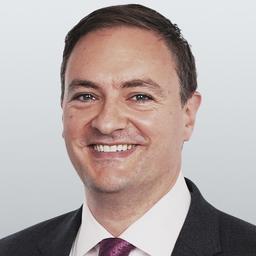“I just became consumed by my race,” a Jamaican-born GP and self-professed race-aholic has revealed.
Speaking to NTD’s British Thought Leaders programme, Dr. Joel Brown said his addiction to critical race theory, which culminated in the Black Lives Matter movement in 2020, has made him feel the loss of “joy in life” and left his relationships lying “in ruin.”






